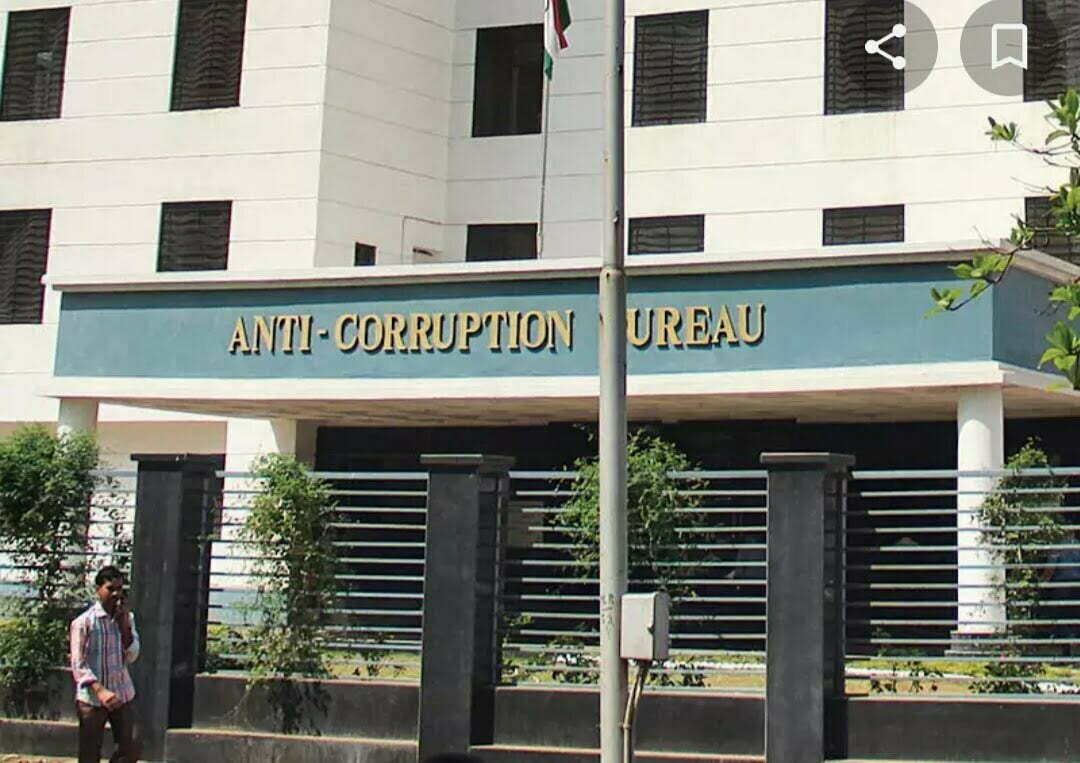In a significant crackdown on corruption, the Anti-Corruption Bureau (ACB) has uncovered that government officials are creating organised crime networks akin to mafia operations to evade scrutiny from investigative agencies. Corrupt officials have developed new tactics to monitor bribe transactions, enabling them to amass wealth through hawala, similar to notorious crime lords.
Recent investigations revealed that IAS officer Rajendra Vijay and two other senior officials were involved in accepting bribe money via hawala. The ACB was taken aback by the revelation of hawala’s involvement in these corruption cases.
As corrupt officials employ these sophisticated tactics, there is a growing demand for the establishment of a dedicated economic crime wing within the ACB, similar to the Central Bureau of Investigation (CBI). The ACB acknowledges that the hawala connections may extend to international networks, emphasising the need for a specialised unit to investigate the flow of illicit funds to government officials and dismantle these organised crime syndicates.
Recent raids by the Anti-Corruption Bureau (ACB) have uncovered a shift in how corrupt officials are investing their illicit wealth. Instead of acquiring land plots, IAS officer Rajendra Vijay, Rajcomp General Manager Chhatrapal Singh, and Consumer Protection Officer Jaimal Singh Rathore have funnelled their black money into upscale business ventures, including malls, hotels, resorts, and spas in affluent areas. The ACB’s investigation reveals that these officials not only lead extravagant lifestyles but have also enriched their family members with illegal earnings, highlighting a new tactic in organised economic crime.
The ACB reports that corrupt officers are focused on multiplying their bribe income. Previously, they invested bribe money in land, buying plots and selling them when prices rose. However, due to a downturn in the property market, these officials have shifted strategies, now seeking to significantly increase their black money by constructing hotels, resorts, and spa centres. For instance, IAS officer Rajendra Vijay, under investigation for disproportionate assets, built a multi-story mall in C-Scheme, while Consumer Protection Officer Jaimal constructed two hotels and resorts in Udaipur, and Rajcomp’s General Manager Chhatrapal Singh opened a spa in Rajapark.
The ACB investigation revealed that these officials raised substantial funds through hawala to finance their luxury properties.
The hawala system, which lacks documentation, facilitates large cash transactions in the criminal world. Evidence shows that these officials used their mobile numbers in bribe transactions and communicated receipts via WhatsApp. Consequently, the ACB has sent their seized phones to the FSL for analysis, expecting to uncover more details about the hawala money and the officers’ international networks.
As evidence mounts of corrupt officials creating organised networks for hawala transactions, there are calls for a dedicated economic crime unit within the ACB, similar to the CBI. The ACB believes such a unit would help combat bribe transactions and better track the interstate connections and properties acquired through illicit funds.
ACB Director General Dr Ravi Prakash Mehrada has confirmed that corrupt officials are increasingly using hawala for bribe transactions, with evidence of significant dealings among the three officials currently under investigation. Their mobile devices have been sent to the FSL for further examination.







